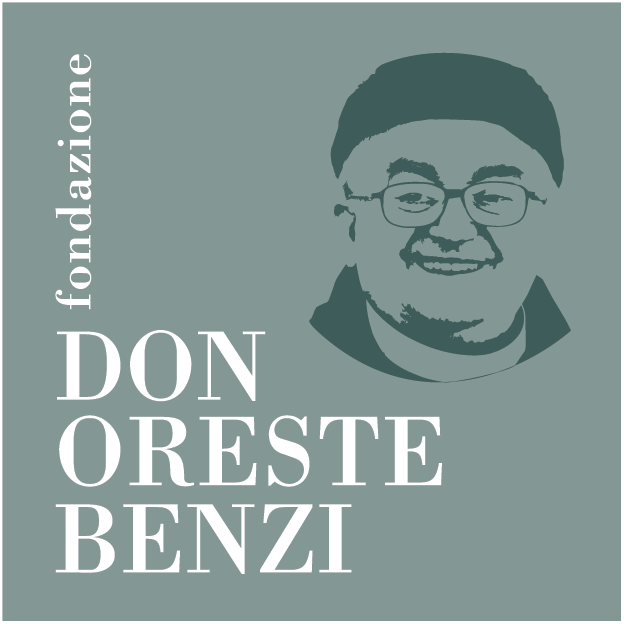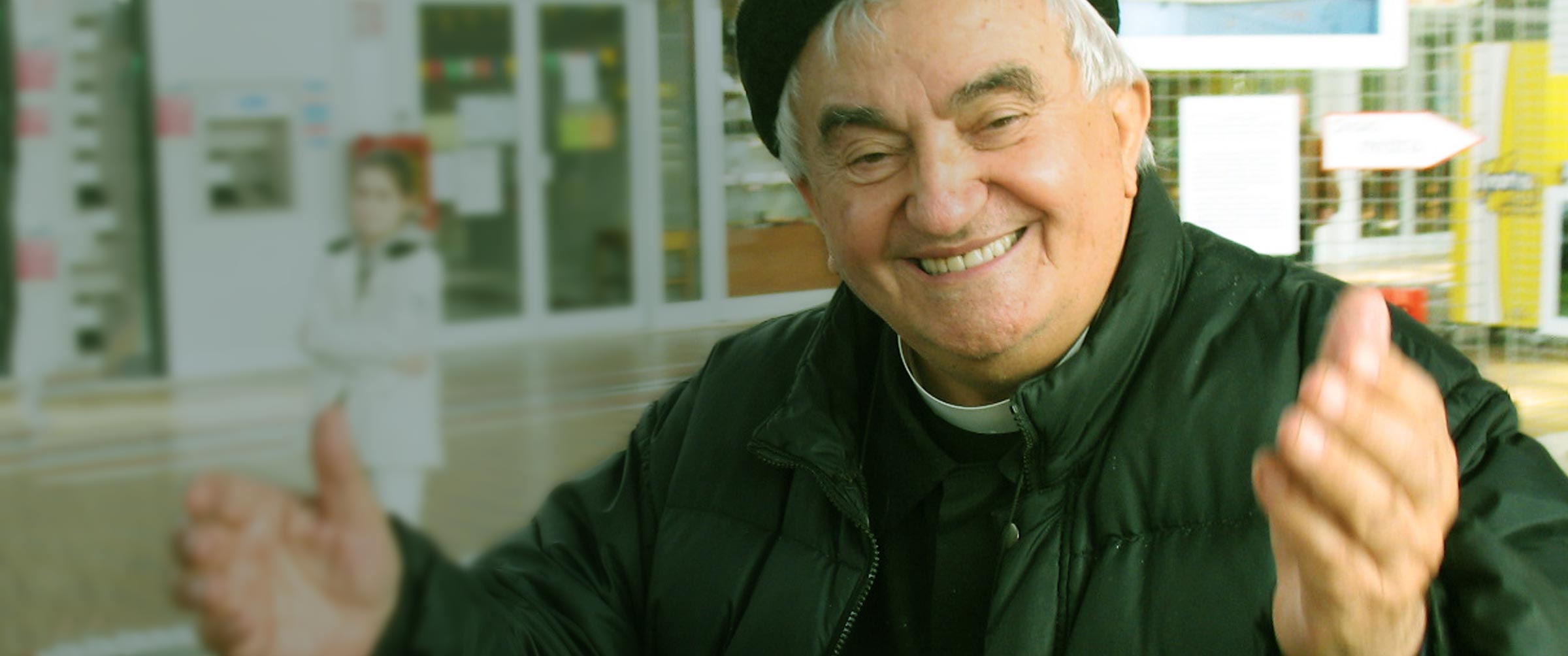I met our beloved Father Oreste in 1980 on 8 December, the feast of the Immaculate Conception. I wasn’t feeling very immaculate; I felt dirty and, even if I was only twenty-two, I felt finished, dead. My parents had picked me up and loaded me into the car. I couldn’t even walk, devastated by withdrawal symptoms and asthenia. I weighed just thirty-seven kilograms.
We were desperately trying to reach San Patrignano, because our family doctor had heard that there was a man there who was taking in drug addicts.
We were wandering around Rimini and didn’t know where to go to or who to ask for help. For my family, these were days of shame, despair, guilt and impotence. For me, they were days when I wished for death.
In an attempt to ask for information, we met a nun, who we later discovered was the headteacher of the parish nursery school at Grotta Rossa. My father felt reassured at the sight of the nun. Maybe her veil rekindled his hope. She told us that she didn’t know about San Patrignano, but, if we followed her, she would take us to a priest who helped everybody. I met Father Oreste for the first time thanks to this fortuitous meeting. He was coming out of the church, where he had just celebrated Mass. He came towards me with open arms and his marvellous smile on his face. He called me «Saraghina» [TN: ‘Anchovy’ in the local dialect; ie ‘as thin as a rake’] and looked into my eyes.
All I’d done for the previous two years was try to keep my head down and hide myself away, desperately hoping to disappear. I was disgusted with myself and felt like an empty shell. I had one constant thought: how to find the courage to put an end to my life.
Father Oreste never talked to me about drugs, deviant behaviour, sin, repentance or redemption. He never did this! He always and only talked to me about love, trust and hope. He was a great prophet and had already understood everything about me. He threw the doors wide open to me as though it was the most natural thing in the world and offered me everything he had: hope, his life, and all that he had realised together with his brothers and sisters. He opened the whole Community up to me, so that I could find what I had in fact always been looking for, but had never before been able to find. The answer was there, in family homes, with young people who had left everything – their studies, their family of origin, their job – in order to become father, mother, brother and sister to people with all kinds of disabilities, to drug-addicts, murderers, gypsies, burglars, tramps.
That was my therapy. Father Oreste understood that I could only be saved that way. I could only learn to love myself by learning to love those around me.
I’m probably about to say something blasphemous – my faith is not as steady as I’d like it to be, definitely not – but I have blind faith in the sanctity of Father Oreste. I have never ever doubted it. Even though I still have a long way to go, Father Oreste introduced Jesus to me and made me become His friend.
Father Oreste gave dignity to every person he met. They were all made in the image of God: that was all he cared about. He met God in everybody. When he looked at you, you could tell that he knew that you were unique, and that your brother or sister was too. Everybody was unique in his eyes. He made no distinction between the powerful and the weak. However, the tenderness he showed to the weak could heal even the most desolate heart.
Every year, until he died, I rang him on 8 December, the anniversary of our first meeting. Incredibly, he always answered, and remembered what day it was for me. I still ring him on that day, but there’s a message saying that the number is unavailable… I’m sure that he knows and smiles!
I could write a book about the things I experienced with him, the many adventures and the time spent together during trips, meetings etc. There was never a moment that he didn’t teach me something, and I continue to hold on to all this inestimable wealth inside myself.
A few days after his death, my youngest child, Valentina, who was seven at the time, dreamt of Father Oreste in his cassock, flying in the sky and hanging from an umbrella, just like Mary Poppins; he was smiling at us all. This image is very dear to me and is how I often imagine him.
I only hope that, from up there, he forgives me and continues to love me.
From Letter to the Postulator
16 January 2016

